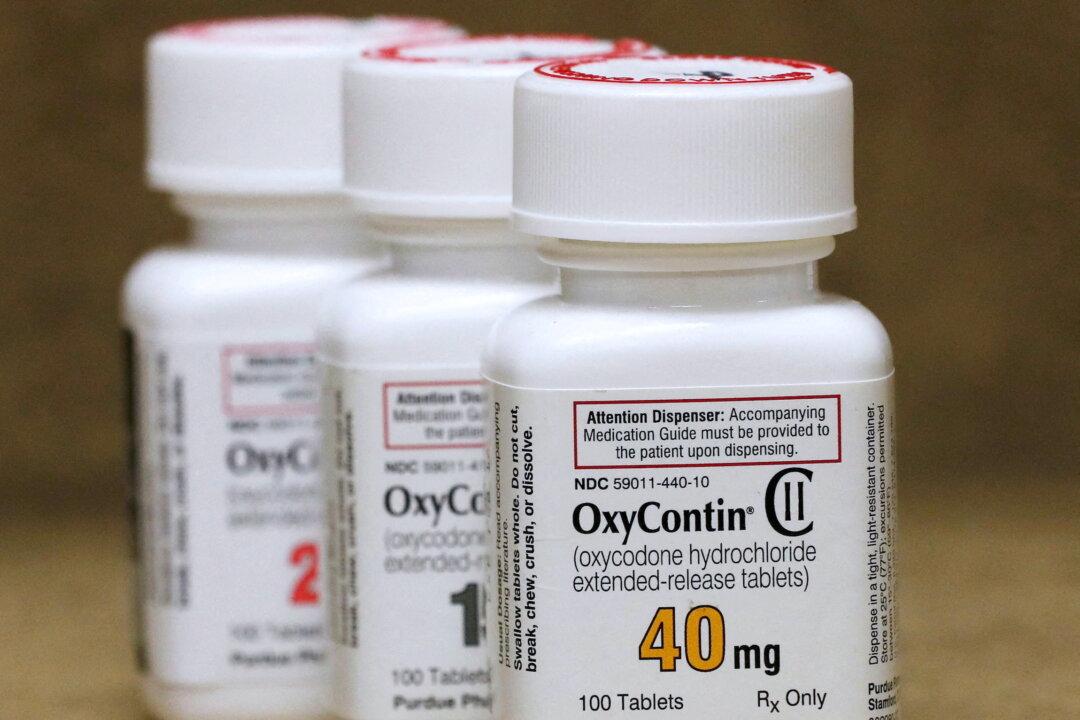The Supreme Court put on hold a proposed bankruptcy plan for beleaguered opioid manufacturer Purdue Pharma, which is accused of playing a major role in fueling the ongoing opioid crisis.
Although the Aug. 10 ruling does not finalize the case, it is a tactical victory for the Biden administration, which urged the court to take action.





